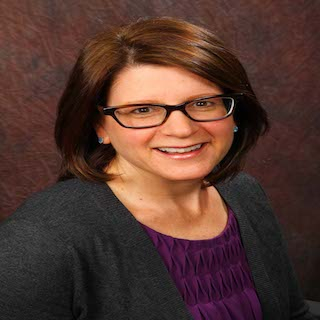
Elisa Shernoff
Dr.Shernoff’s work centers on developing and testing interventions to enhance the use of evidence-based instructional and classroom management practices among teachers working in high poverty schools. Her primary focus is on mental health promotion and resilience by enhancing the capacity of teachers, particularly early career teachers, to accomplish their goal of supporting student learning, behavior, and development. In addition, Dr. Shernoff’s work focuses on ensuring school psychologists enter the workplace prepared to deliver and support high quality, effective services through developing effective training in evidence-based practices and consultation.
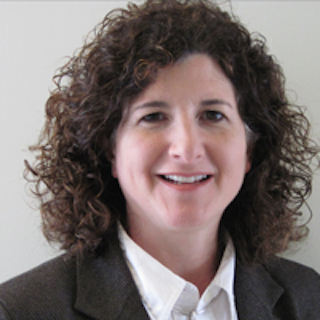
Deborah Silver
Deborah Silver is the Executive Director of the Professional Science Master’s Program at Rutgers, The State University of New Jersey on all three campuses - Newark, New Brunswick & Camden (2009-). This program offers the Master of Business & Science (MBS) degree which is a combination of a science master’s with courses in business. She has been with the program since its inception and helped found and build the program to include all areas of science and technology. She is also a Professor in the Dept. of Electrical and Computer Engineering at Rutgers, a post she has held since 1988.
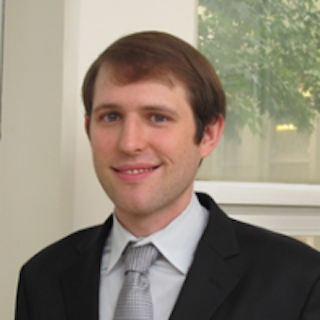
Jonathan Singer
Jonathan Singer’s primary research interest is the generation of hierarchically structured materials via scalable micro/nanomanufacturing processes to incorporate the extraordinary properties of nanostructures into complex geometries. This is accomplished through combinations of “bottom-up” and “top-down” lithographic techniques. Such hybrid techniques shift the burden of high resolution patterning to a high-throughput process, while retaining a sufficient degree of control for targeted applications in, for example, alternative energy, microrobotics, and medical implants. Previously, Jonathan conducted his doctoral research at MIT’s Department of Materials Science and Engineering focusing on hybrid laser direct write lithography for phoxonic metamaterials and completed a Postdoctoral Associateship at Yale University’s Department of Chemical and Environmental Engineering primarily researching the nanoimprint of photovoltaic materials and bulk metallic glass alloys. He has been recognized by the Materials Research Society through their Silver Graduate Student Award and was recently named a Yale Scientific Teaching Fellow.

Suparna Sinha
Dr. Sinha is currently the Director of Indistrict Initiatives at the Center for Math, Science and Computer Education. She is interested in understanding how students’ engagement with technologies influences their thinking and learning. Her dissertation reflected this line of research by investigating influences of technological affordances (of simulations, hypermedia and modeling tools) on collaborative engagement and subsequently how student’s collaborative engagements in technology intensive learning environments influences individual transfer of learning. Her interest in blending these two major research areas, i.e. engagement and transfer, stem from her prior professional focus on educational technology.
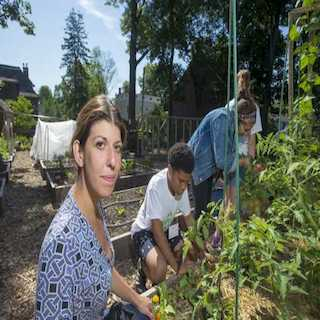
Marissa Staffen
Marissa Staffen is a 4-H County Agent III, Cooperative Extension of Essex County
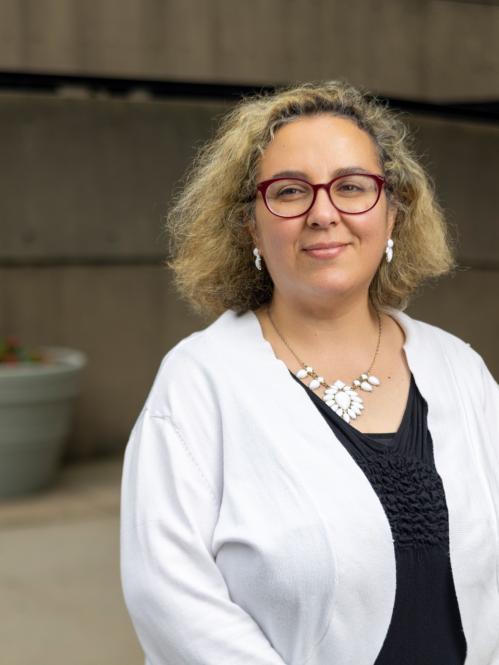
Sheila Tabanli
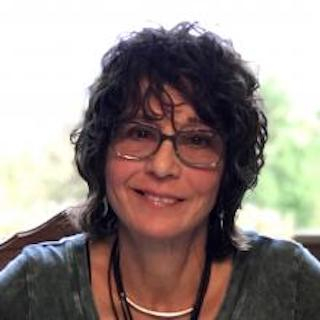
Frances P. Trees
Dr. Trees currently coordinates introductory computer science courses for non-majors at Rutgers. Her research area is computer science education. Her dissertation research investigated the characteristics that contribute to the perceived effectiveness of pedagogical tools used in introductory programming classes. Her current research focuses more on pedagogical approaches to teaching computer science in ways that promote diversity, particularly by implementing cooperative learning structures in introductory computer science courses to promote equal engagement of all students.
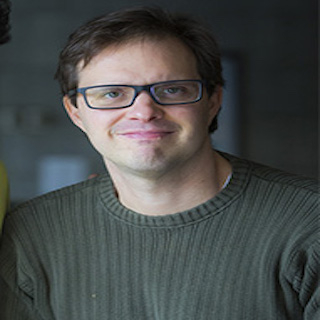
Keith Weber
Dr. Weber is a researcher in mathematics education whose interests are in the mathematical cognition of doing advanced mathematics. He is particularly interested in mathematical proof, including how mathematicians and mathematics majors present, read, understand, and evaluate proofs.
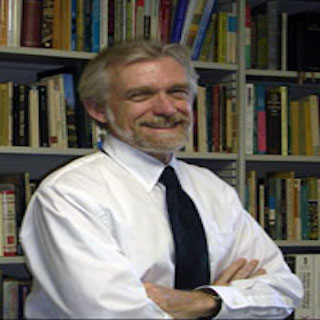
Bill Whitlow
Dr. Whitlow studies noncontingent learning processes, such as habituation and classical conditioning, from the theoretical perspective of Activation-Evocability Theory (AET). This perspective distinguishes between stimulus-specific changes in activation potential and relatively nonspecific changes in response evocability. Work in his laboratory has applied AET to the analysis of habituation of the rabbit eyeblink reflex, and he plans to extend this analysis to look at habituation in humans. His interests in metamemory and cognition drive his research on how students decide what materials to study and how to study it. This practical question offers a way to look at decision making and beliefs about learning in ways that may yield some interesting results from a theoretical and pedagogical perspective.

Dake Zhang
Dr. Zhang received her Ph.D. in Special Education from Purdue University. She taught K-12 math for students with math difficulties in China and the United States. Dr. Zhang is interested in the assessment and intervention for students with mathematics learning difficulties.
Pagination
- Previous page
- Page 5